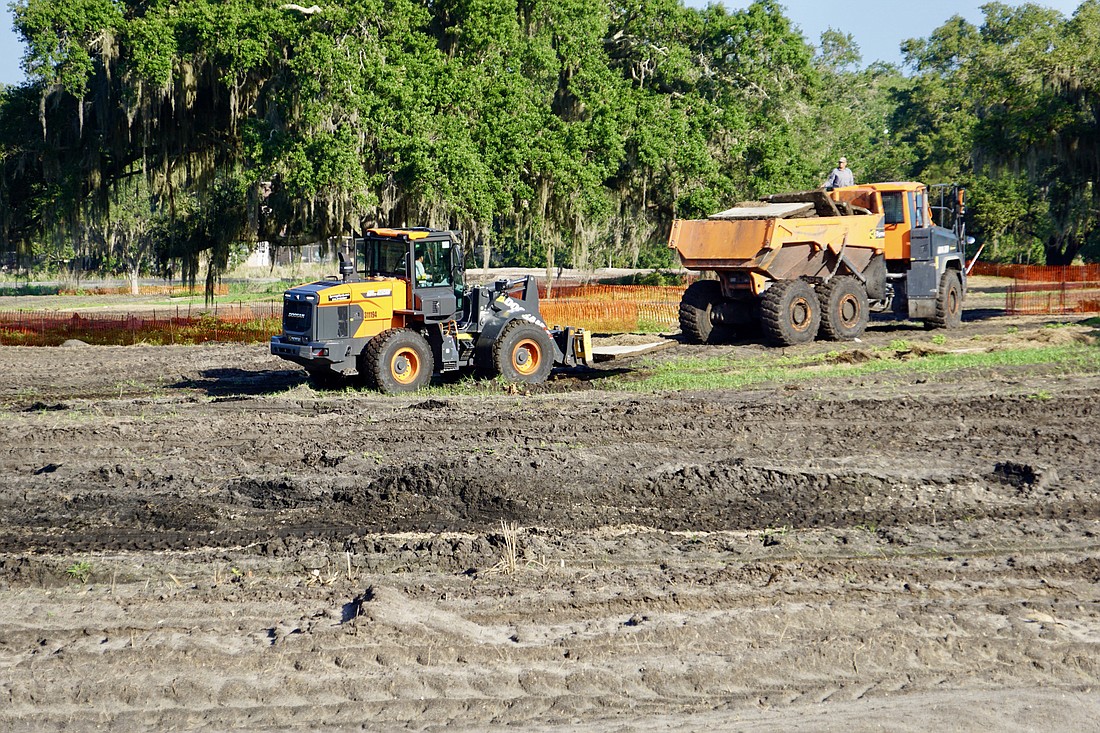- April 25, 2024
-
-
Loading

Loading

Property owners in Sarasota will see their property tax rate reduced for fiscal year 2023, but rapidly escalating values will prompt higher tax bills for city services in the coming year.
At the end of a two-day budget workshop, the Sarasota City Commission on Tuesday set the maximum millage rate for the next fiscal year at 3 mills, or $3 for each $1,000 of taxable value, down from 3.172. Thanks mostly to a nearly 18% jump in assessed property values over the past 12 months, the city will bring in $3.65 million more in ad valorem revenue next year for a total of $40.76 million.
The decision was far from a consensus, with commissioners Jen Ahearn-Koch, Hagen Brody and Mayor Erik Arroyo voting in favor of City Manager Marlon Brown’s recommended tax rate reduction. Commissioners Liz Alpert and Vice Mayor Kyle Battie preferred to set the maximum at the current rate pending further analysis and the city’s two budget hearings in September.
Once set, the millage rate cannot be raised when the budget is formally adopted, but it can be lowered.
Commissioners must now grapple with how to best live within that budget, which despite additional revenue above fiscal 2022 includes a projected deficit of $3.2 million: $85.6 million in expenses versus $82.5 million in revenues. Brown said more than half of that gap is a result of the millage decrease. The remainder comes largely from 25 new full-time positions requested by multiple departments carrying a total cost of $1.4 million.
The proposed budget transfers the difference from the city’s unassigned fund balance, which at the end of fiscal 2023 would leave $27.8 million, or 32.5% of expenditures. The city’s policy is to maintain a range of 17%-25% in fund balance, or approximately four months of operating capital in reserve.
Brown described the fund balance transfer as an intentional spend down to bring it more in line with the policy and to lighten the burden of taxpayers during an inflationary period.
A transfer of $1.6 million to the Bobby Jones Golf Complex renovation debt service is included in the budget. Director of Financial Administration Kelly Strickland told commissioners once the revitalized golf course is operating, its revenues will offset a significant portion of that debt service going forward. That project, which includes a park and wetlands preservation, is paid for by $20 million in city bonds.
The fiscal 2023 budget process, which began in February, will continue with a public hearing Sept. 7 and conclude on Sept. 20 with a final public hearing and adoption. Including all funds — special revenue, debt service, enterprise, internal service and trust funds — the total budget is $252.18 million, an 8.1% increase over the current year's adopted budget of $233.28 million.